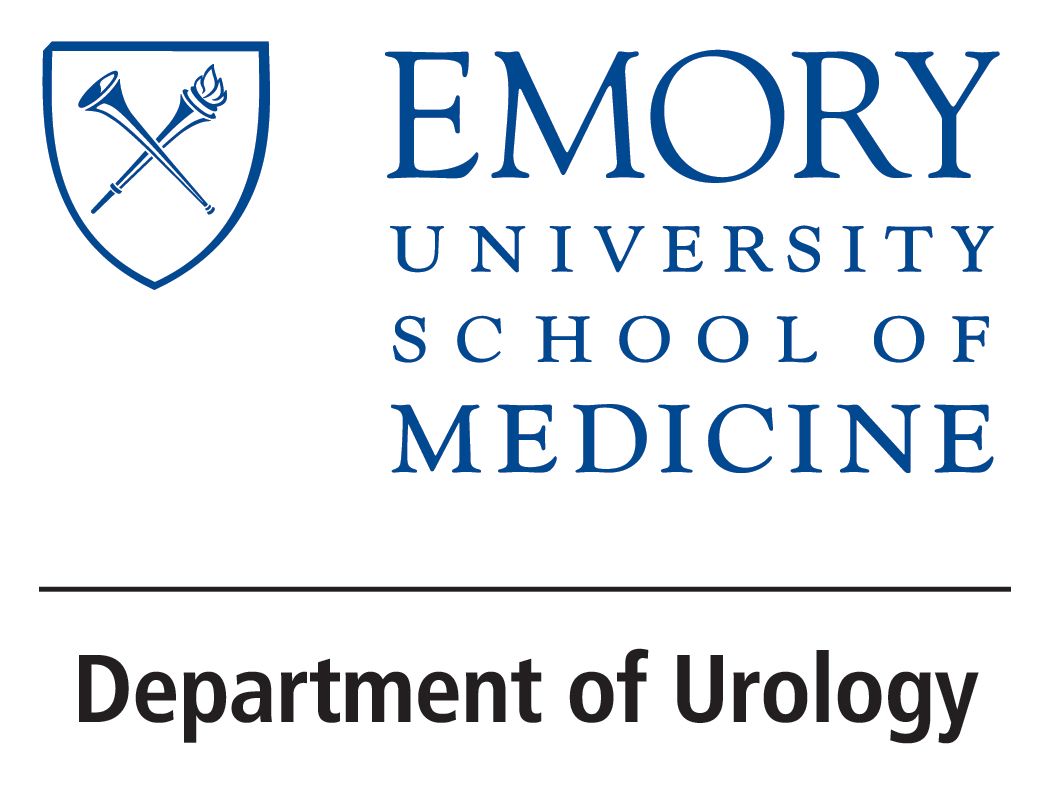
Ernest Morton, MD, highlights ongoing work with AI in urology

Key Takeaways
- AI scribe technology at Emory University aids in efficient clinical note-taking, potentially enhancing physician satisfaction and reducing after-hours electronic health record usage.
- AI algorithms are being developed to analyze prostate biopsy samples, aiming to improve cancer detection, risk stratification, and prognostic predictions.
Ernest A. Morton, MD, MBA, MS, spotlights projects looking at the use of AI scribes to assist in notetaking and an AI algorithm to analyze prostate biopsies.
In this video, Ernest A. Morton, MD, MBA, MS, highlights 2 ongoing projects centered around artificial intelligence (AI) in urology. Morton is a PGY-3 resident at Emory University School of Medicine in Atlanta, Georgia.
Video Transcript:
AI is a hot topic everywhere, so I really had an interest in how AI is affecting urologic care. So, I'm looking at a couple projects that are focused on AI, the first of which is Emory started to use an AI scribe. It's software that we're able to deploy on our phones or any device before we walk into a room with a patient. We can simply just prime the software by saying, this is a 50-year-old woman who had this surgery 2 weeks ago. She's here for a post-op visit. We're able to go in and talk to the patient, [and] the device can pick up on that conversation. If we're having small talk about maybe the patient's last vacation, it knows to exclude that. It takes all the salient, pertinent information and creates a template and a note. So, I'm looking at the data as far as how that's affected time to completion of notes, how that's affected physician satisfaction, how much time physicians are spending logged into the health record on nights and weekends outside of business hours, and trying to gain metrics on how that's changed our practice from a patient, as well as a clinical perspective from the physician standpoint.
And then the other project is, prostate cancer is something that we do a lot of as urologists, and part of that is getting tissue samples with prostate biopsies and determining and risk stratifying patients' cancer. We're looking at training an AI algorithm to be able to analyze all of these biopsies and be able to identify cancer and risk stratify the patient, as well as make other predictions about their long-term outcomes and prognosis. Those are the 2 big projects we’re working on.
This transcript was AI generated and edited by human editors for clarity.
Newsletter
Stay current with the latest urology news and practice-changing insights — sign up now for the essential updates every urologist needs.






